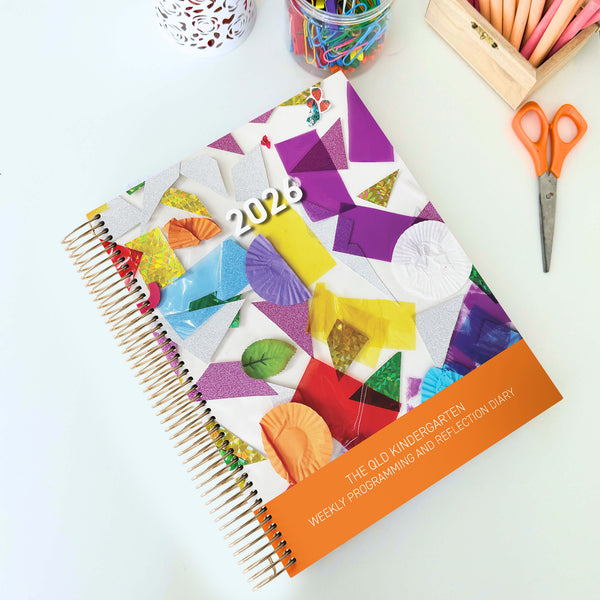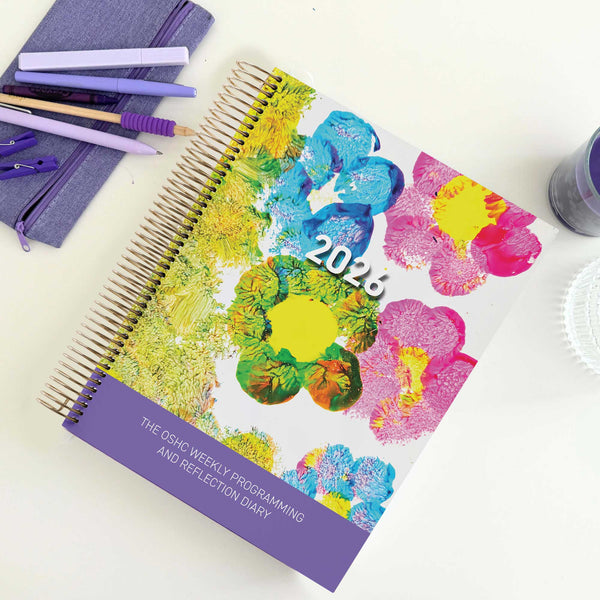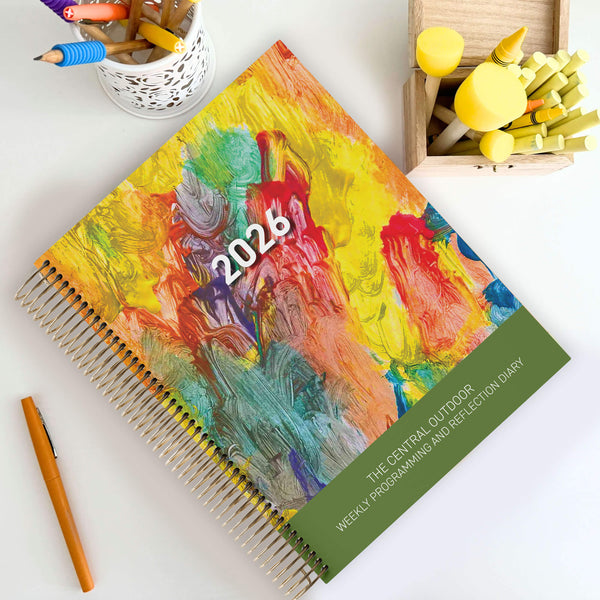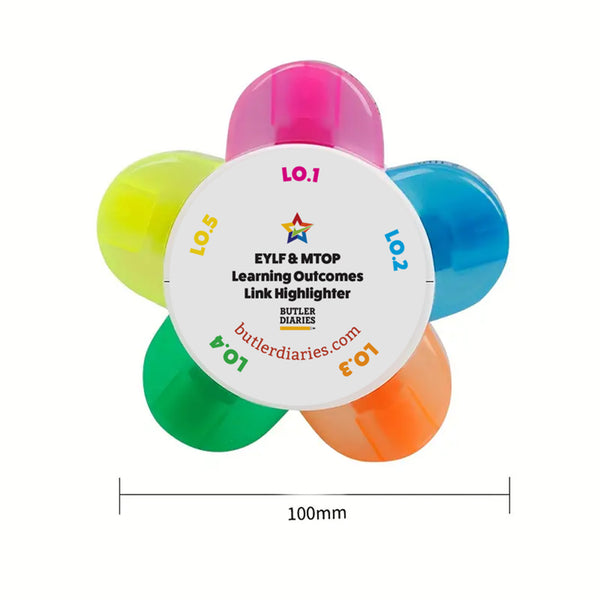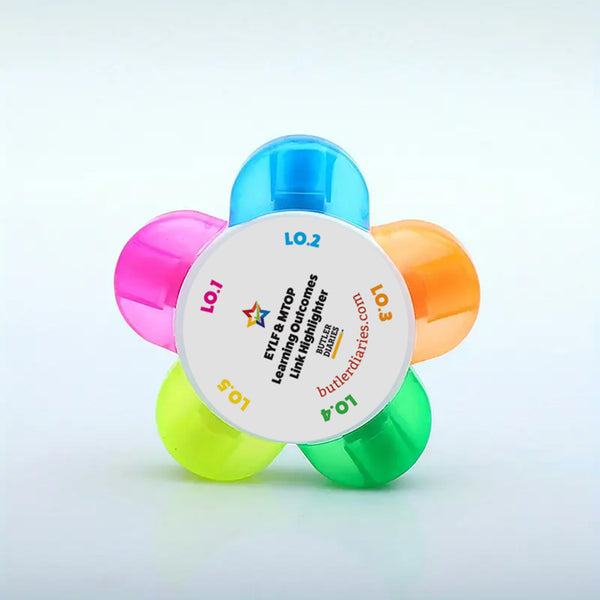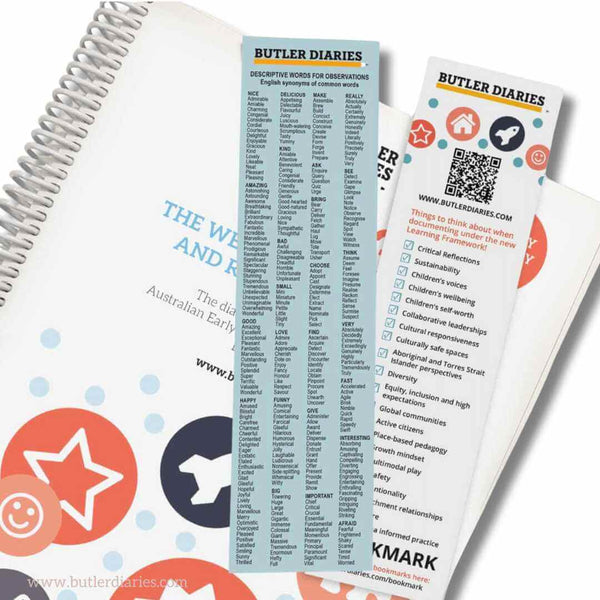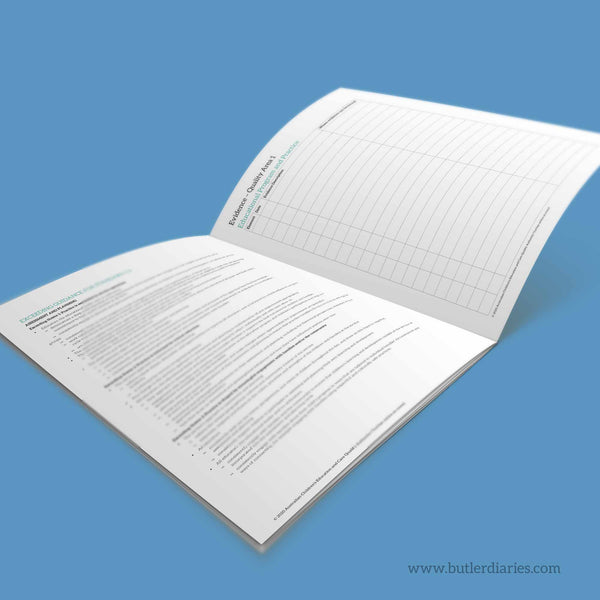As any early childhood or teaching professional will tell you, dotting all the i’s and crossing all the t’s in the form of observation, progress tracking and achieving educational outcomes is pretty much a full-time job. And that’s on top of the ACTUAL job of taking care of our most precious little resources.
Parents want to understand what their children are achieving and how their days are unfolding. Educators rely on these reflections to help them create engaging learning experiences while ensuring that required outcomes are being met.
Tracking, observing and staying on top of the National Quality Standard has always been a tricky business. The clever people at Butler Diaries realised that and developed their childcare resources and materials to help educators save time and headspace.
While they can’t actually DO the work for you, their products, which include their best- selling Childcare Centre Diaries take the hassle out of the hustle and bustle of meeting the NQS and staying compliant. There are even rumours that their products lead to LESS paperwork overall... Let’s give that a fairy clap shall we?

Why is observation SO important?
How can you tell how a child in your care is developing when you can’t actually ask them? It’s a question that every early childcare educator has had to consider. And even for those older children with strong verbal communication skills, what they say and what they actually do, can be worlds apart.
This is why regular observation and reflection is a key part of early childhood best practice. By creating detailed documentation that records and highlights individual and group development, educators are able to notice patterns and accurately assess progress as well as any challenges that need addressing.
What should an early educator be focusing on?
All observations are important and will be critical in creating the bigger picture of each child and their development. Some things to look out for include:
- Identifying interests
- Assessing development level
- Analysing what strategies a child uses to achieve a task (both positive and negative)
- Determining what skills children need to practice
- Learning more about individual personalities
- Referencing the EYLF and MTOP
By understanding these key attributes, educators can then program accordingly to work with a child’s behaviour and facilitate learning.
How can a busy educator tackle the task?
The earlier an educator is able to start observing and documenting, the sooner they will be able to monitor and track the progress of the children, but how can this be done quickly and effectively with an already full plate of duties and responsibilities to manage? The Butler Creative Childcare Programming and Reflection diaries can help!

These childcare reflection diaries provide the perfect tool for recording day to day programming and reflecting back on daily/weekly events, all underpinned by the National Quality Standards for EYLF programming (also available with MTOP for OSHC). The double paged spread allocates two pages for the ELYF or MTOP creative thinking programme and provides space for planning notes, activities and proposed topics along with the Learning Outcomes that will be met. The related next two-page provides space for recording the practical application of the programming for example activities, songs, stories, group learning and creative play activities and reflections on that week. The end of week pages allow for educators to assess the week as a whole and ensure that outcomes were achieved while also forward planning for the next week/month.
See this article on tips for using the diaries... and THIS article with some great examples
And to make work-life even more streamlined, the Programming and Reflection Diaries can be used alongside the Childcare Centre Diary which is the ultimate tool for record-keeping and planning for compliance under the NQS. GENIUS!
To read more about how Butler Creative can help early childcare educators with staying organised and on top of their workload, visit: Butler Diaries.











